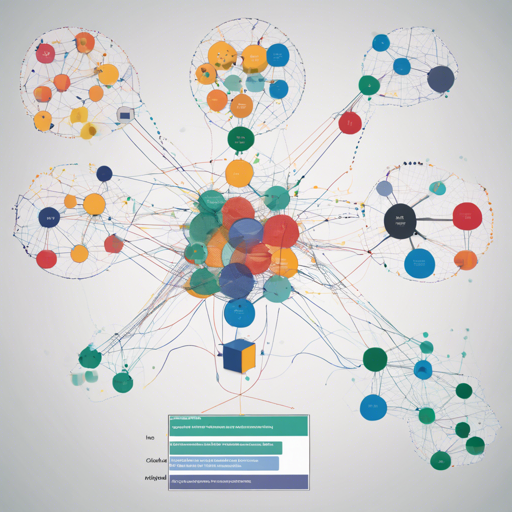The Margin-MSE trained ColBERT is an advanced retrieval model based on DistilBERT, specifically designed for efficient information retrieval through knowledge distillation. This guide will walk you through how to set up and use this remarkable tool effectively.
Understanding the ColBERT Model
The ColBERT model utilizes a unique approach to score candidate passages based on their relevance to given queries. To grasp this, imagine you’re a librarian (the model) trying to help patrons (queries) find the best books (candidate passages). Each book has several attributes (terms), and you decide to score these books based on a formula that considers each attribute’s importance uniquely—this scoring method effectively allows you to help patrons find the right book swiftly.
Setup Instructions
To begin working with the Margin-MSE trained ColBERT, follow the steps outlined below:
- Step 1: Install the necessary dependencies for the environment. Typically, you’ll need the
transformerslibrary from Hugging Face. - Step 2: Import required libraries and classes in your Python code.
- Step 3: Set up the ColBERT model configuration, along with any specific tokenization settings.
- Step 4: Initialize the ColBERT object using the pre-trained model from the repository.
Code Example
Here’s a sample code snippet to help you get started:
from transformers import AutoTokenizer, AutoModel
import torch
# Configuration
class ColBERTConfig:
# Initialize your model configuration
...
# Initialize Model
tokenizer = AutoTokenizer.from_pretrained("distilbert-base-uncased")
model = ColBERT.from_pretrained("sebastian-hofstaetter/colbert-distilbert-margin_mse-T2-msmarco")
Effectiveness
The Margin-MSE ColBERT model has demonstrated superior performance when evaluated against standard metrics such as Mean Reciprocal Rank (MRR) and Normalized Discounted Cumulative Gain (NDCG) on datasets like MSMARCO and TREC-DL19. By applying this model effectively, users can achieve much better re-ranking results for retrieval tasks.
Troubleshooting
If you encounter issues while using the ColBERT model, consider the following troubleshooting tips:
- Ensure that all necessary libraries and versions are correctly installed.
- Double-check your configuration settings—especially the model path and tokenizer.
- If you receive any errors related to tensor shapes, verify that the input queries and documents adhere to the required formats.
For more insights, updates, or to collaborate on AI development projects, stay connected with fxis.ai.
Limitations
While impressive, the ColBERT model is not without its limitations. It can inherit biases from training datasets and may not perform effectively on longer text passages.
Conclusion
By following the above instructions, users can harness the full power of the Margin-MSE trained ColBERT model for efficient passage retrieval. At fxis.ai, we believe that such advancements are crucial for the future of AI, as they enable more comprehensive and effective solutions. Our team is continually exploring new methodologies to push the envelope in artificial intelligence, ensuring that our clients benefit from the latest technological innovations.

